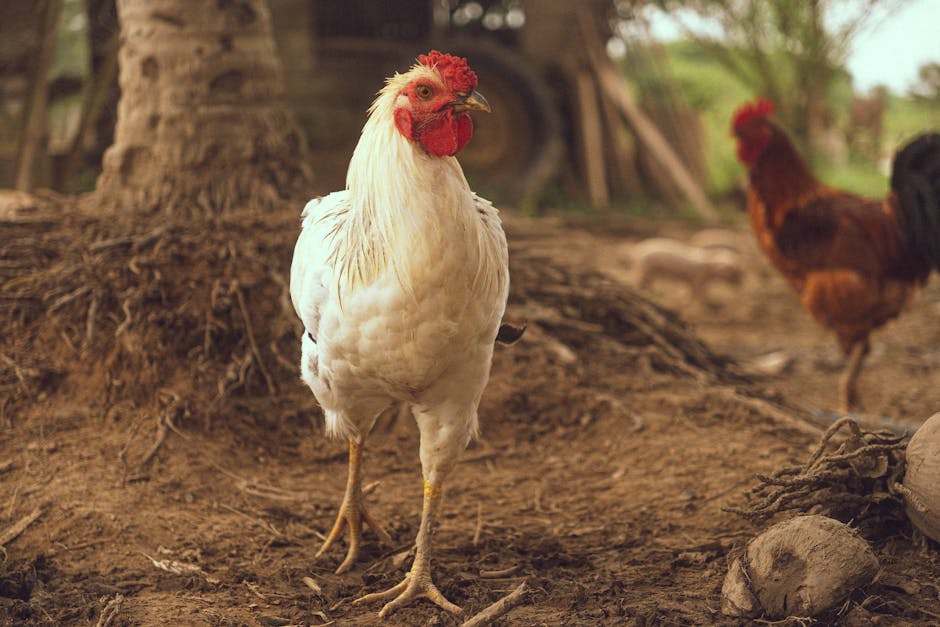The agricultural landscape is in constant flux, with innovations and evolving consumer preferences driving change. Among these shifts, the popularity of organic farming stands out as a significant trend. Is this burgeoning interest a passing fad or a sustainable paradigm shift? A deeper examination reveals a complex picture, influenced by a confluence of factors, both economic and ecological.
A surge in demand for organic produce is undeniably noticeable. Consumers are increasingly seeking out food products cultivated without synthetic pesticides and fertilizers. This burgeoning interest transcends mere curiosity; it stems from a confluence of concerns about health and environmental sustainability. The perceived benefits of organic farming are contributing to this rise in demand. Concerns regarding the potential health risks associated with conventional agricultural practices, including exposure to pesticide residues and the long-term impact of chemical fertilizers on soil and water quality, are driving the demand for organic alternatives.
Beyond the health aspects, ecological concerns underpin much of the interest in organic agriculture. The detrimental environmental impacts of conventional farming, such as soil erosion, water pollution, and biodiversity loss, are no longer relegated to academic debates. These concerns have transcended scientific circles to become deeply embedded in the values and purchasing decisions of a growing segment of consumers. Organic farming, by its very nature, strives to minimize these negative environmental externalities. By promoting practices such as crop rotation, cover cropping, and composting, it fosters a healthier ecosystem.
However, the rise of organic agriculture is not without its complexities. A key challenge is the higher cost of organic produce. The absence of synthetic inputs and the meticulous attention required for organic farming often translate into higher production costs, subsequently affecting retail pricing. This price differential can make organic food less accessible to lower-income consumers. This accessibility gap warrants particular consideration, as equitable access to nutritious, sustainably produced food is crucial for public health. Furthermore, the transition from conventional to organic farming methods can be gradual and challenging. Farmers require extensive training and adaptation to implement the specific practices of organic agriculture.
Several significant developments are influencing the trajectory of organic farming. Technological advancements play a vital role. New tools and methods are emerging, enhancing efficiency and productivity in organic agriculture. Precision agriculture techniques, for example, can optimize resource use and improve yield in organic farming systems. These advances are crucial in addressing the challenges of scale and cost-effectiveness that organic farming often faces.
Moreover, government policies and regulations have a substantial impact. Supportive policies, such as subsidies or tax incentives for organic farmers, can stimulate the adoption of organic practices. Stringent regulations on the certification and labeling of organic products help to maintain the integrity of the market and ensure consumer confidence. The presence of robust standards and certification systems is vital in ensuring consumer trust and guiding the market toward more sustainable production methods.
The economics of organic farming also merit close scrutiny. While the higher prices of organic produce may deter some consumers, the growing demand creates a lucrative market. Progressive consumer behaviors, like a renewed focus on mindful consumption and the desire to support sustainable practices, are driving a continuous growth in this sector. Consequently, the market is attracting significant investment from both established and emerging players, hoping to capitalize on the emerging demand.
Examining the current trends in the sector reveals a dynamic interplay between economic factors and ecological imperatives. The interest in organic farming extends well beyond developed nations. Emerging economies are also witnessing a rise in the adoption of organic practices, driven by factors such as a growing awareness of environmental concerns and a desire to enhance food security. The globalization of organic markets presents both opportunities and challenges. Standardization and equitable trading practices are essential for the widespread adoption of organic agriculture on a global scale.
Organic farming, in its essence, is not merely about avoiding synthetic inputs; it encompasses a holistic approach to agriculture. It prioritizes soil health, water conservation, biodiversity preservation, and farmer livelihoods. This holistic perspective is a critical factor behind its growing popularity. The growing consumer demand for healthier food produced through environmentally sound methods underscores a global shift in how we view agriculture.
The future of organic farming hinges on a collaborative effort. This includes scientists developing more sustainable practices, policymakers creating supportive environments, and consumers supporting organic producers. Farmers, through innovation and adaptation, play a critical role in transforming the agricultural landscape toward a more ecologically responsible and economically viable future. The integration of technology, responsible policies, and consumer awareness is pivotal in driving the further growth of this crucial sector.
In conclusion, organic farming is experiencing a significant surge in popularity. The confluence of concerns about health, the environment, and economic viability are driving this trend. While challenges remain, notably the cost differential and the transition process, the increasing demand for organic products and the continuous innovation in this sector point toward a future where organic farming is not just a niche market but a crucial pillar of sustainable agriculture worldwide. The journey to a more sustainable food system undoubtedly involves embracing organic farming as a vital component.












